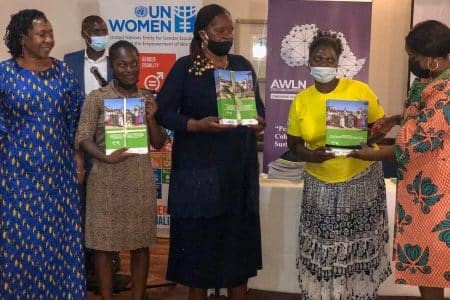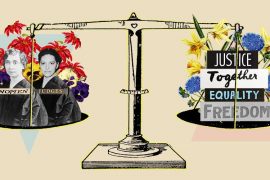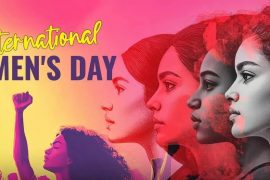The United Nations Women has recently launched a multi-lingual book that aims to promote intra African trade for women by simplifying the African Continental Free Trade Area (AfCFTA).
The AfCFTA aims to bring continent-wide free trade to 1.3 billion people in a $3.4 trillion economic bloc.
The book titled Understanding of The African Continental Free Trade Area (AFCFTA) And How it relates to Zimbabwean Women in Trade” was launched in three languages, Shona, Ndebele and English.
Speaking at the launch, Un Women Country Representative Delphine Serumagaat noted that it is imperative for women to be included in all economic spheres.
She noted that the booklets would enhance women’s knowledge and economic empowerment to access opportunities presented by AfCFTA
“Research has demonstrated that increasing women’s human capital is one of the most effective ways to reduce poverty. A slight increase in women’s assets, education and income have immediate positive multiplier effects such as increasing agricultural productivity and economic gains.
“Our intention and hope is that through the process of engaging with Women in Zimbabwe and those in the private and public spaces of Zimbabwe, we will contribute greatly to increasing human capital and reducing poverty,” she said.
Serumagaat further noted that the book paves the way for establishing what the AfCFTA means for women in terms of their participation in trade and the contributions women can make in fostering the aim and objectives of the trade agreement.
The trade agreement is widely seen as a crucial driver for economic growth, industrialization and sustainable development in Africa.
However, fears of significant tariff revenue losses and an uneven distribution of costs and benefits are the main obstacles to the continent’s integration.
Flanking measures and flexibilities should be explored to share costs and benefits, reduce adjustment costs, and to attain the full long-term benefits of the AfCFTA.
Lower costs for imported raw materials and intermediate inputs increase downstream producers ‘competitiveness and promote the generation of regional value chains.
Serumagaat said girls and young women represent a crucial labour force; they play a key role as producers of food, managers of natural resources, income earners, and main caregivers of their families and communities.
“Therefore, institutional recognition of this and ease of economic engagement by women of all ages is key for women’s development and Africa’s development,” she added.
According to the UN Women, issues such as gender-based discrimination deny women and girls equitable access to land, trade, information and productive resources, opportunities for formal employment, and the power of decision-making.





Comments are closed.